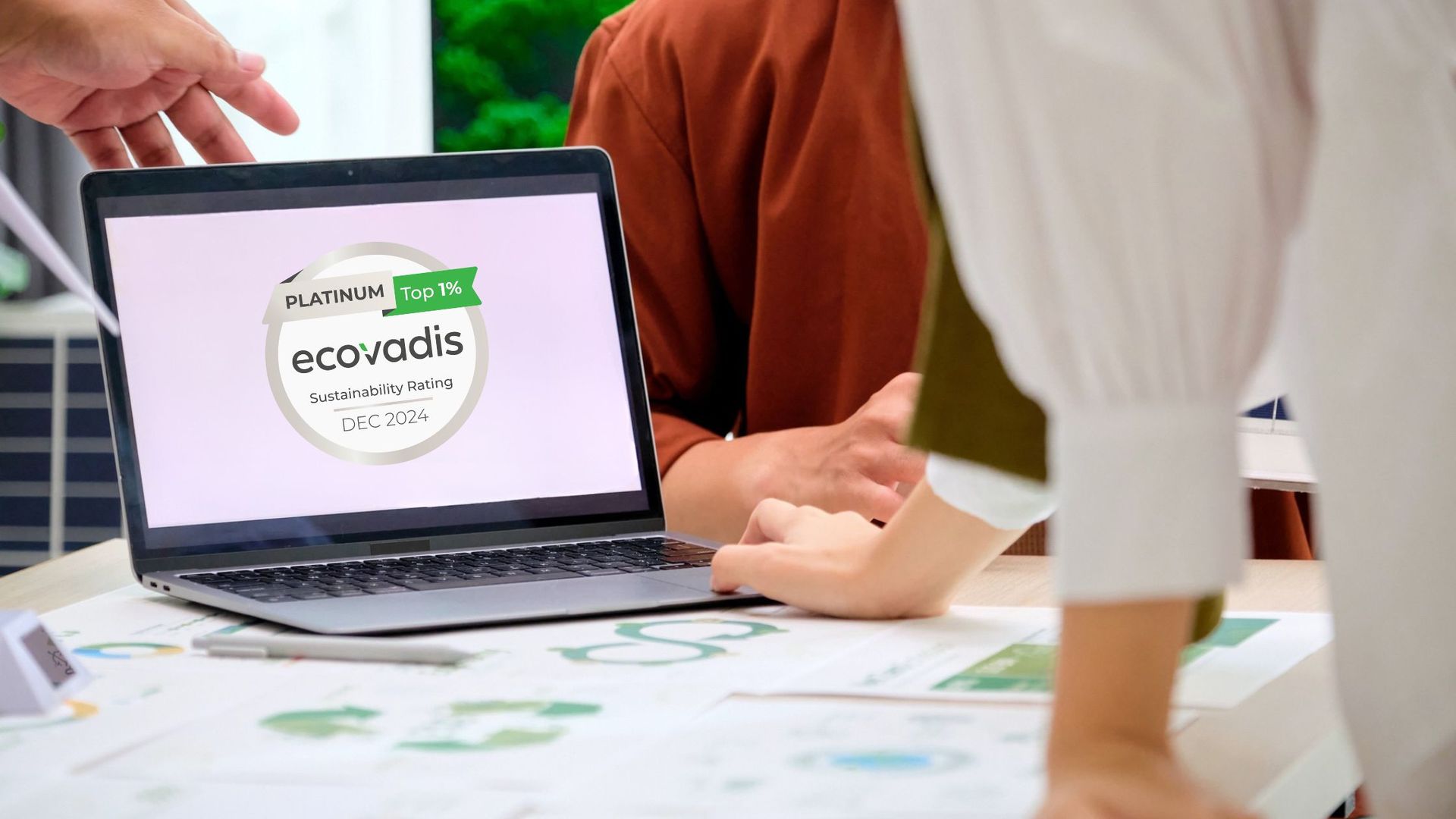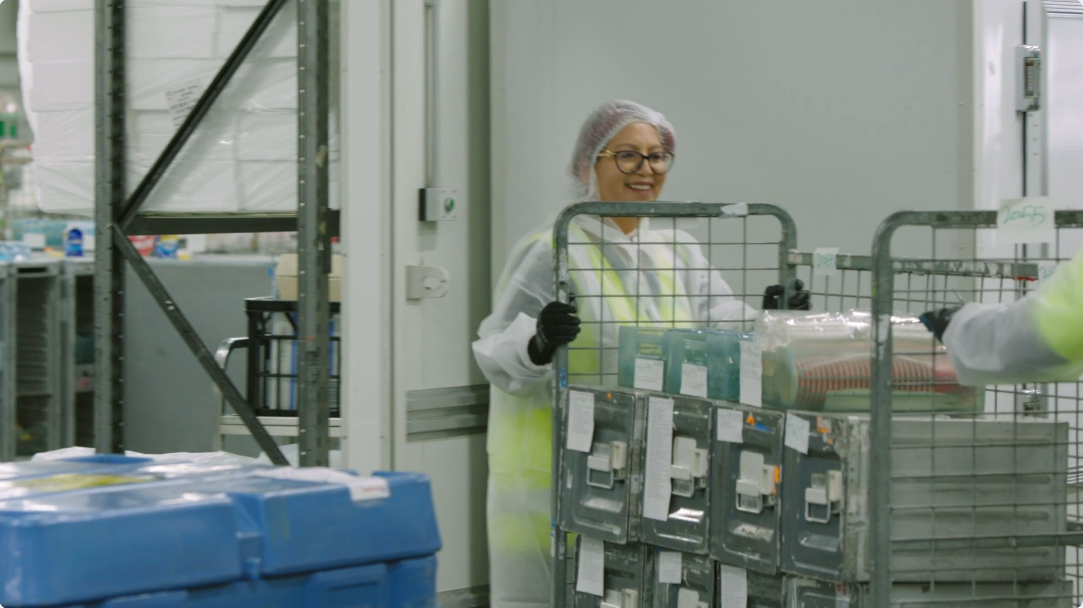As parental leave becomes an increasingly recognised and utilised aspect of professional life, it’s important to shed light on the unique, transferrable skills often developed during this period. Contrary to the outdated notion of a ‘resume gap’ signifying lost time, parental leave can be a time of incredible personal and professional growth. The skillset that is developed and fostered during this time, ranging from multi-tasking and enhanced negotiation skills to communication and problem-solving, can be highly beneficial to employers.
Effective communication skills
Parenting inherently involves constant communication with your child, often requiring the breakdown of complex ideas into simple, understandable concepts. This practice can refine your ability to convey information effectively in other contexts. Parents often must navigate difficult conversations and deal with emotional situations, enhancing their emotional intelligence and empathy- two key components of effective communication. Furthermore, parents become attuned to non-verbal cues, a skill that plays a crucial role in understanding and responding appropriately in various communication scenarios. Parenting experiences contribute significantly to the development of effective communication skills.
Parenting also involves setting boundaries, enforcing rules, and providing feedback- all of which are components of effective communication in any relationship. Additionally, being a parent requires adapting to different personalities, backgrounds, and communication styles, fostering adaptability and flexibility in communication. Ultimately, the nature of parenting equips individuals with various skills that can enhance their overall communication abilities.
Strengthen problem–solving skills
The constant barrage of unexpected challenges that arise through parenting inherently strengthens your problem-solving skills. From determining how to sooth a fussy baby, to needing to figure out how to juggle multiple schedules, parenting constantly requires solutions. Over time, this necessity increases your ability to analyse situations, evaluate options, and implement effective strategies. The unpredictability that comes with parenting helps to enhance adaptability, another key aspect of problem-solving. For example, parents learn to quickly change and adjust plans when a child becomes unwell, or when activities must be changed.
This flexibility not only applied to managing challenges but also to parenting styles. A parent learns that every child is unique and what works for one child may not work for another. As such, parents need to adapt and modify their approach based on the individual need of the child. This adaptability strengthens their problem-solving skills as well as fostering a positive and open-minded mindset. The necessity of finding balance, setting boundaries and fostering growth in a dynamic environment makes parenting a powerful catalyst for enhancing problem-solving skills.
Patience and resilience
The unpredictable, evolving demands of parenthood require individuals to adapt quickly to new situations, building resilience that easily translates into other situations. The ever-changing dynamics of a child’s needs and behaviour demand a constant state of alertness, adaptability, and unparalleled degree of patience. Parenting is about adapting to new situations and learning how to handle new obstacles. By facing new challenges and finding ways to cope, parents can become stronger and more resilient. A parent must learn to prioritise, plan, and manage their time effectively, which not only benefits themselves but also translated into better care for the child. Building reliance is a skill that can be helpful in a myriad of situations beyond parenting.
Parenting inherently requires a significant amount of patience. As parents navigate through the stages of raising a child, they are often presented with situations that demand calmness and understanding. Whether handling a fussy baby, working through a toddler’s tantrums, or teaching a child a new skill, patience becomes a fine-tuned and crucial tool. Each of these situations teaches parents to maintain their composure, wait for desired behaviours to develop, and manage their expectations, all of which contribute to the development of patience.
Negotiation skills
Parenting significantly enhances a parent’s negotiation skills. Parents spend most of their day negotiating with children about their daily activities and behaviour, from bedtime rituals to healthy eating habits. This continual practice strengthens their negotiation abilities. Parents also learn to actively listen while looking after their children, a critical aspect of negotiation. Parenting also helps develop empathy and the concept of understanding the other party’s point of view, even when it may seem completely irrational, or strange, crucial for any negotiation scenario.
By constantly negotiating with their children, parents can apply these skills to other areas of their lives such as the workplace of personal relationships. This leads to a better ability to communicate and resolve conflict, ultimately improving overall negotiation skills.
Efficient multi-tasking
Parenting necessitates a heightened ability to multitask. As new parents juggle the responsibilities of childcare alongside their usual tasks, they cultivate an increased ability to manage multiple tasks simultaneously. This experience not only enhances the ability to multi-task in a personal setting but is transferable to professional setting as well. Combining the care of a child with the care of yourself, and other home and life duties necessitates efficient time management, quick decision-making, and prioritisation skills, significantly improving the individual’s multitasking abilities.
Recognising and valuing the unique abilities developed during parental leave can significantly transform the workplace dynamics. As we shift our perspective from viewing parental leave as a gap in employment or at worst, a ‘holiday’, and start seeing it as a period of growth and skill development, we open the door to a more inclusive and diverse workplace. Parents returning to the professional setting bring with them a wealth of capabilities that not only enrich the work culture but also drive the company’s innovation and success forward. By appreciating these skills, we can foster a workplace that champions growth, flexibility, and inclusivity.
Why Chandler Macleod?
Chandler Macleod has a strong Diversity, Equity, Inclusion, and Belonging plan across all aspects of the business, and we have been recognised by our industry body, RCSA Australia and New Zealand, as a winner in the Excellence in Diversity, Equity, Inclusion and Belonging category in the 2023 Industry Awards.
With our history as Australia’s first business psychology firm, the ability to assess your candidate and employee potential is at the heart of what we do, and we treasure the value this can add to your business over the longer term.
Our commitment to diversity goes beyond the interview and reference checks and every consultant at Chandler Macleod is BestFit Accredited which helps them predict and understand candidate behaviour through BestFit Assessments such as such as Helix Personality Assessment. By understanding your needs and the requirements of the role, our consultants use our BestFit Assessment tools to provide you with confidence in your hiring by delving deeper into the candidate's psyche.
Beyond the recruiting stage, Chandler Macleod offers consulting solutions to ensure that diversity and inclusion extends into your business beyond the hiring process. Chandler Macleod Consulting delves into understanding your employees’ lived experiences. By teaming up with our human and organisational behaviour experts you can help your employees and business achieve their full potential.
Want to know more?
Find out more about the services Chandler Macleod offers to clients, or simply fill in our contact form and we will have the right person contact you.













